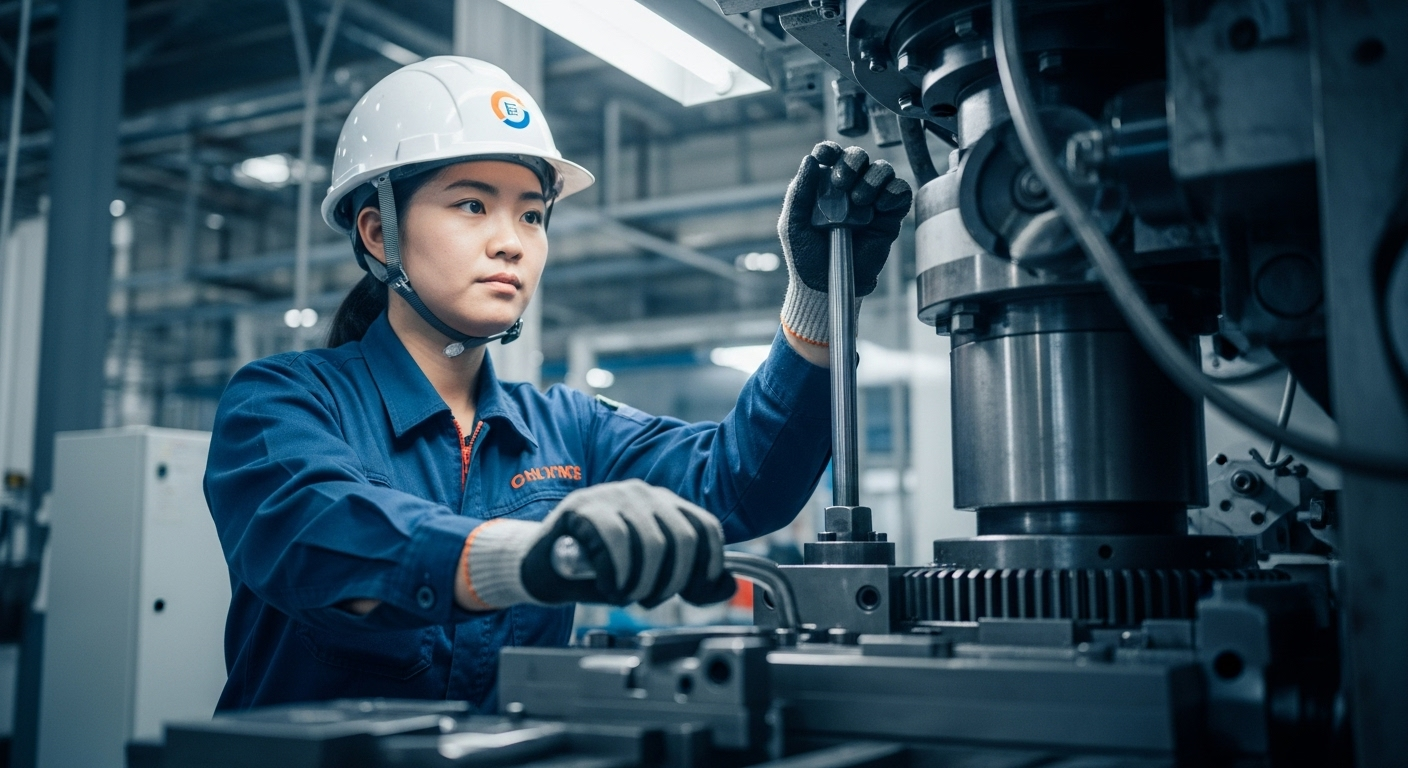Food Packing Jobs: Roles, Requirements, and Work Environment
Food packing jobs play an essential role in the food supply chain, ensuring that products are safely and efficiently prepared for distribution to consumers. These positions often involve tasks such as sorting, weighing, sealing, and labeling various food items, both fresh and processed. Workers in food packing are key to maintaining product quality and meeting safety standards before goods reach stores or restaurants

What are the typical roles in food packing?
Food packing encompasses a variety of roles, both in manual and automated settings. Common positions include:
-
Manual Packers: These workers handle tasks such as sorting, weighing, and packaging food items by hand. They may work with fresh produce, baked goods, or other food products that require careful handling.
-
Machine Operators: In more automated facilities, machine operators oversee packaging equipment, ensuring it runs smoothly and efficiently. They may be responsible for loading materials, monitoring production, and performing basic maintenance.
-
Quality Control Inspectors: These individuals check packaged products for defects, ensuring they meet safety and quality standards before distribution.
-
Warehouse Associates: They manage inventory, organize packed products, and prepare shipments for distribution.
-
Sanitation Workers: Maintaining a clean work environment is crucial in food packing. Sanitation workers are responsible for cleaning equipment and work areas to meet food safety standards.
It’s important to understand that the availability and specifics of these roles can vary greatly depending on the employer and location.
What are the basic requirements for food packing jobs?
Food packing jobs typically have specific physical and hygiene requirements to ensure food safety and efficient operations. While requirements may vary by employer, common expectations include:
-
Physical Fitness: The ability to stand for long periods, lift moderate weights, and perform repetitive tasks is often necessary.
-
Attention to Detail: Accuracy in following packaging instructions and identifying quality issues is crucial.
-
Basic Hygiene Practices: Adherence to strict personal hygiene standards, including proper handwashing and use of protective gear, is mandatory.
-
Food Safety Knowledge: Understanding of basic food safety principles and willingness to follow sanitation protocols is essential.
-
Flexibility: Many food packing facilities operate on shifts, so workers may need to be available for various work schedules.
-
Language Skills: Depending on the location, proficiency in the local language may be required to understand instructions and safety protocols.
These requirements are general guidelines and may not reflect the specific criteria of any particular employer or job opening.
What is the typical work environment in food packing?
The work environment in food packing is characterized by its fast-paced nature and strong focus on safety. Key aspects include:
-
Temperature-Controlled Settings: Many food packing areas are kept cool to preserve product freshness, which may require workers to wear appropriate clothing.
-
Noise Levels: Packaging machinery can create a noisy environment, often requiring the use of hearing protection.
-
Safety Protocols: Strict adherence to safety procedures is crucial, including proper use of protective equipment and following established workflows.
-
Team-Oriented Atmosphere: Food packing often involves working closely with others on production lines or in warehouse settings.
-
Cleanliness Standards: Work areas are typically held to high cleanliness standards to comply with food safety regulations.
-
Potential for Overtime: During peak seasons or to meet production demands, overtime work may be required.
It’s important to note that work environments can vary significantly between different employers and facilities.
What are the career progression opportunities in food packing?
While this article doesn’t represent specific job opportunities, it’s worth noting the potential career paths in the food packing industry:
-
Entry-Level Positions: Many start in roles such as manual packers or machine operators.
-
Supervisory Roles: With experience, workers may advance to team leader or shift supervisor positions.
-
Quality Control: Some may progress to quality assurance roles, overseeing product standards.
-
Logistics and Supply Chain: Experience in food packing can lead to opportunities in broader supply chain management.
-
Food Safety Specialists: With additional training, some may become food safety auditors or compliance specialists.
Career progression opportunities can vary widely based on individual companies, local job markets, and personal qualifications.
Food packing jobs play a crucial role in the food supply chain, ensuring that products reach consumers safely and efficiently. While this article provides an overview of typical roles, requirements, and work environments in food packing, it’s important to remember that specific job details and opportunities can vary significantly. Anyone interested in pursuing a career in food packing should research current job openings and requirements in their local area for the most accurate and up-to-date information.




